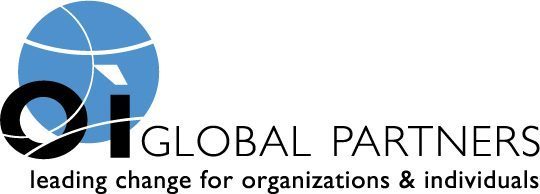With today’s focus on competencies and skills development, we often forget a key ingredient of effective leadership development – personal motivation. We are each attracted to certain situations because of the emotional satisfaction they provide, and avoid other situations because they are emotionally unappealing. Some people love being in a nurturing role, while others thrive in competitive environments. These emotional drivers develop early in life, are fairly consistent across time, and are unique to each individual. Understanding them are keys to successful personal and organizational development.
 Management Research Group has been studying the relationships between personal motivators and leadership style and effectiveness for many years. For example, in a large sample study of US and Canadian business leaders, we found significant relationship between 17 motivations and 22 common leadership practices.
Management Research Group has been studying the relationships between personal motivators and leadership style and effectiveness for many years. For example, in a large sample study of US and Canadian business leaders, we found significant relationship between 17 motivations and 22 common leadership practices.
Personal motivations are important because they impact a leader’s satisfaction, fit for a position or role, and likelihood of successful development. As a simple example, consider managers who have been tasked with driving innovation. If they are attracted to new and creative approaches and enjoy inventing new and untried solutions to problems, this may be a straightforward developmental challenge. If they find innovative activities unappealing, they may still be able to develop the necessary skills. However these activities are likely to become draining and unsustainable over time.
Leaders whose business responsibilities match their emotional drivers are more likely to be engaged, and effective organizational contributors. An assessment of personal motivation can be a key ingredient in career transition programs, outplacement services, and executive development programs.
Rob is a leading researcher and consultant in the areas of diversity and leadership, cross-cultural issues, and the development of effective leaders in a global economy. He works with organizations around the world to help identify the leadership practices most likely to lead to organizational success in a given industry, culture, and context. For the past fourteen years, he has been the Vice President of Research for Management Research Group (www.mrg.com), an international leader in creating high-quality assessment tools.
To learn more about the assessment of personal motivations visit www.mrg.com.
Share this post:

Comments are closed